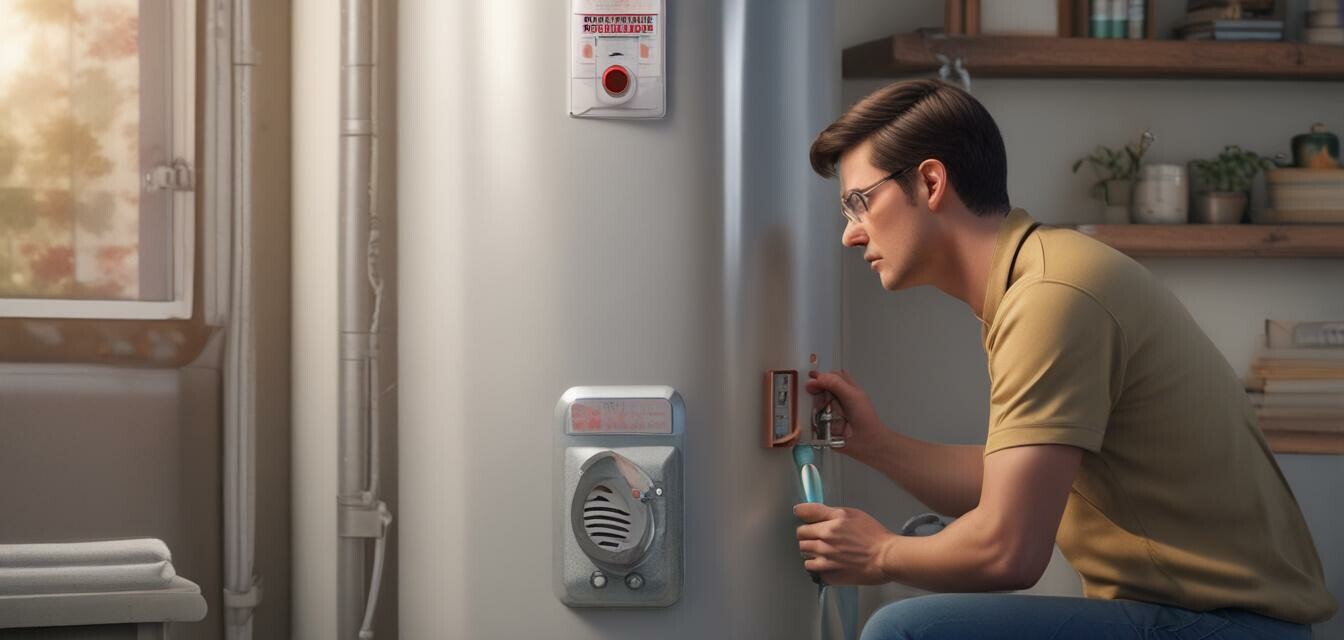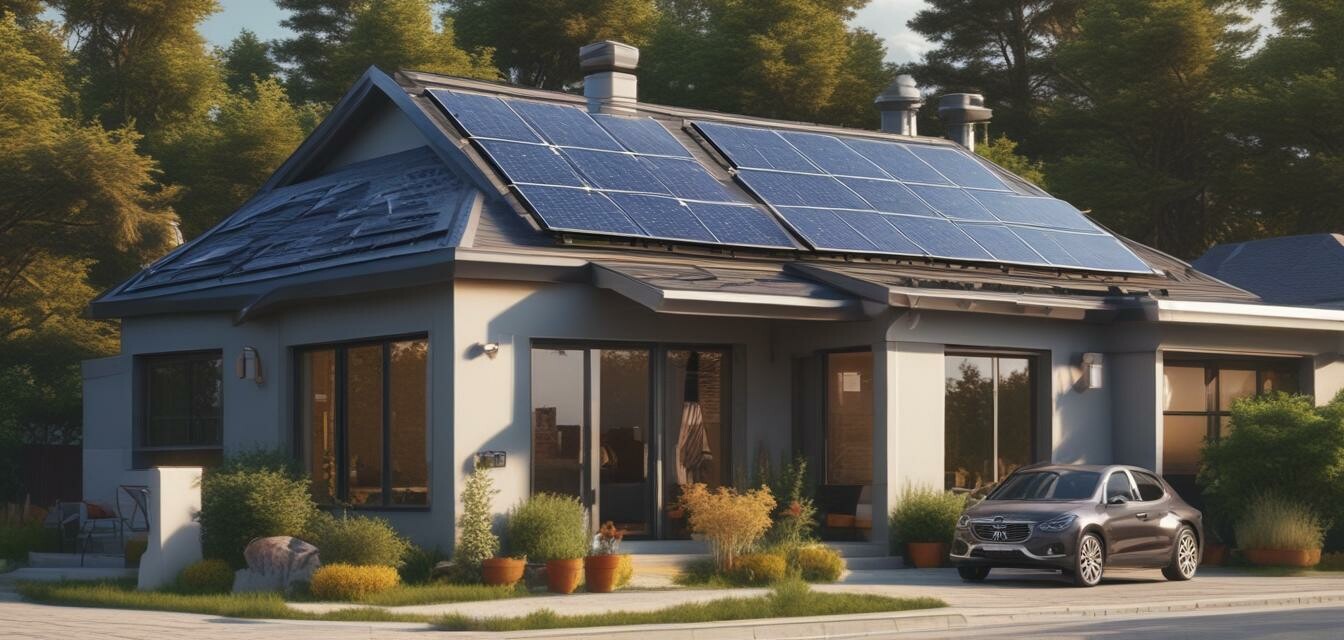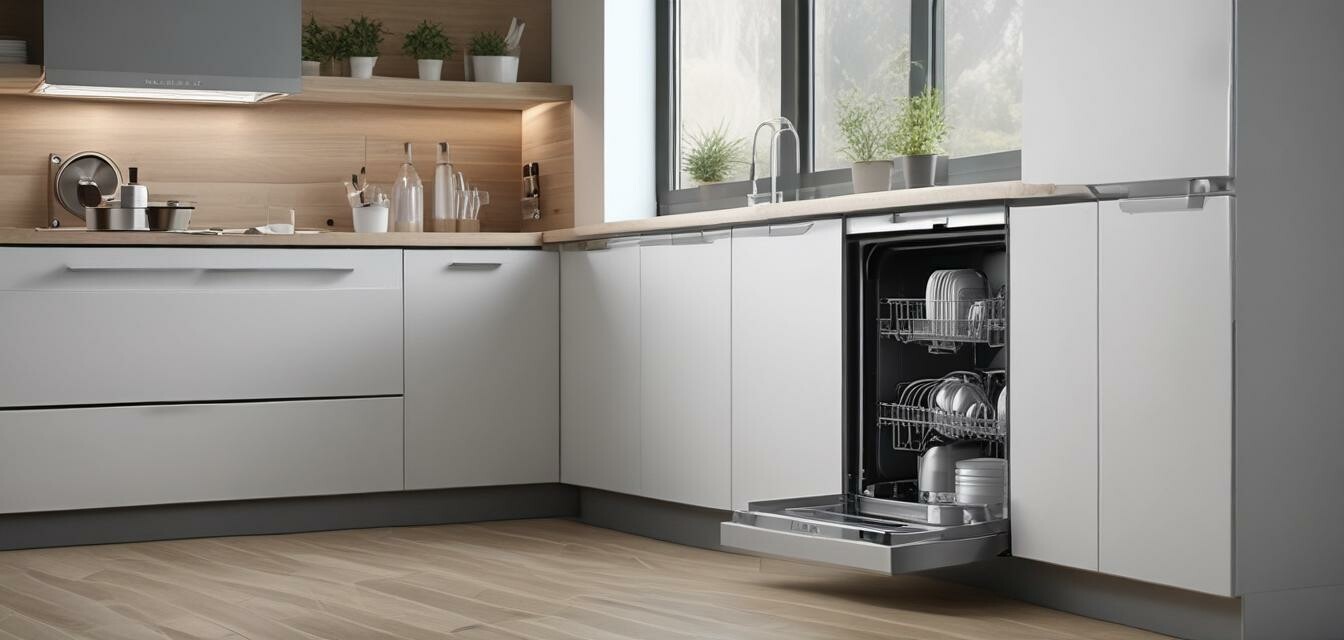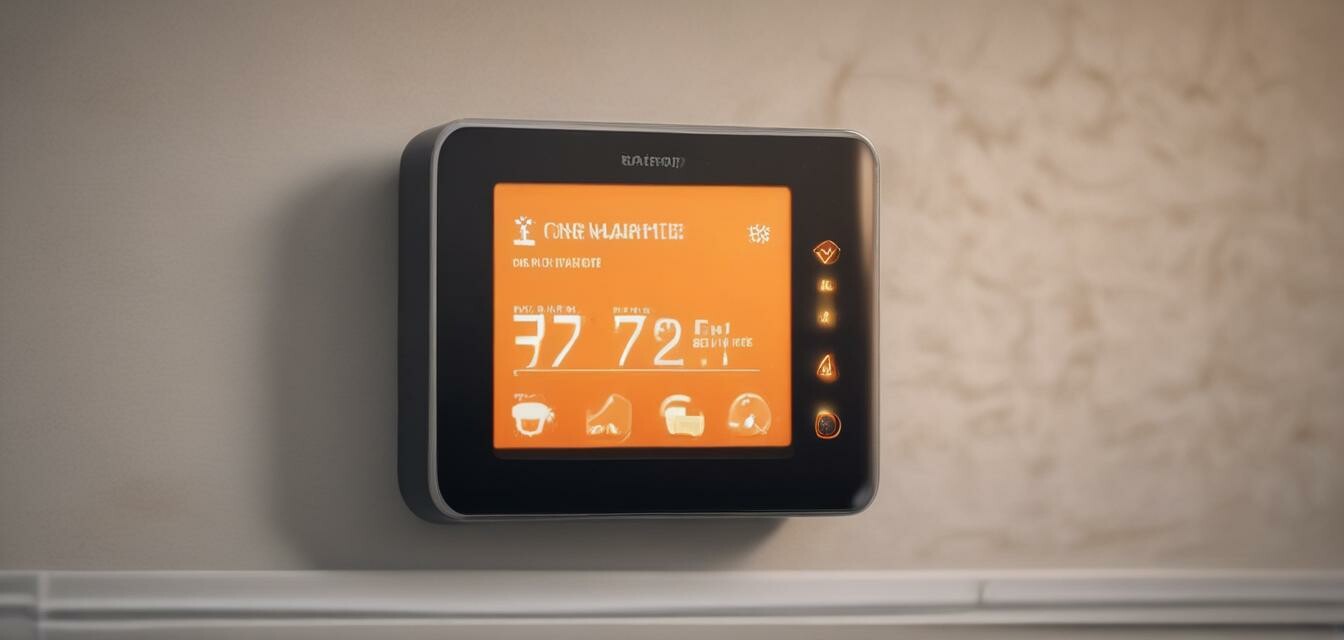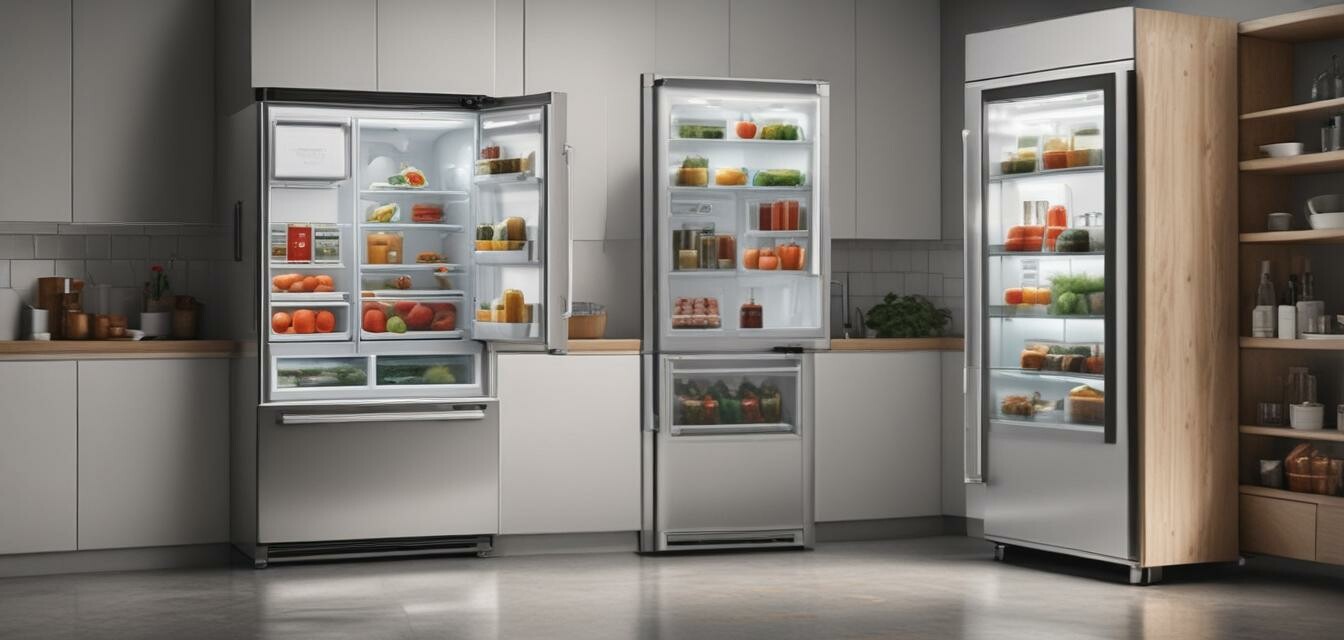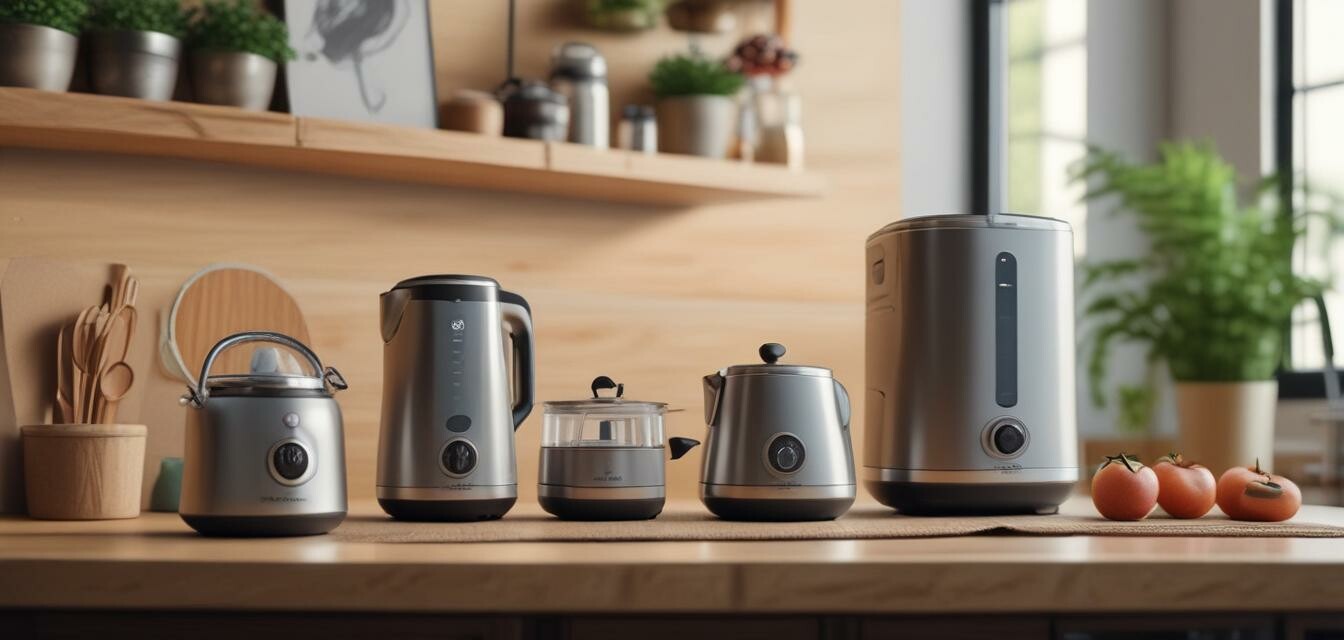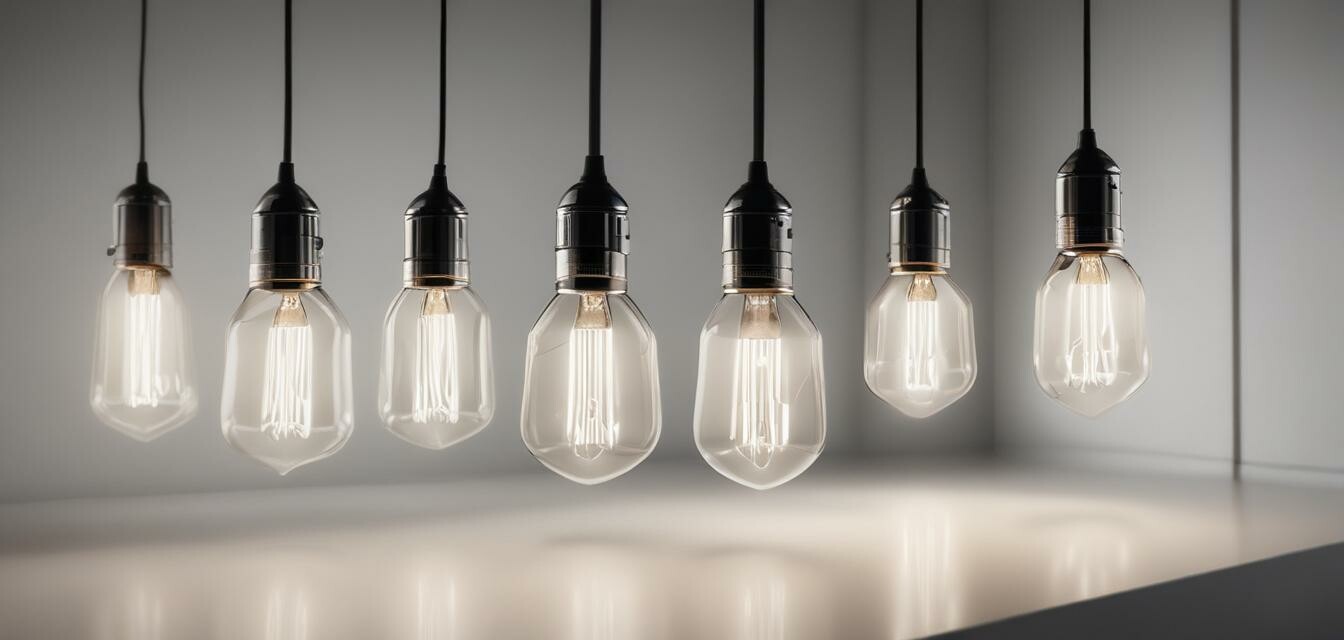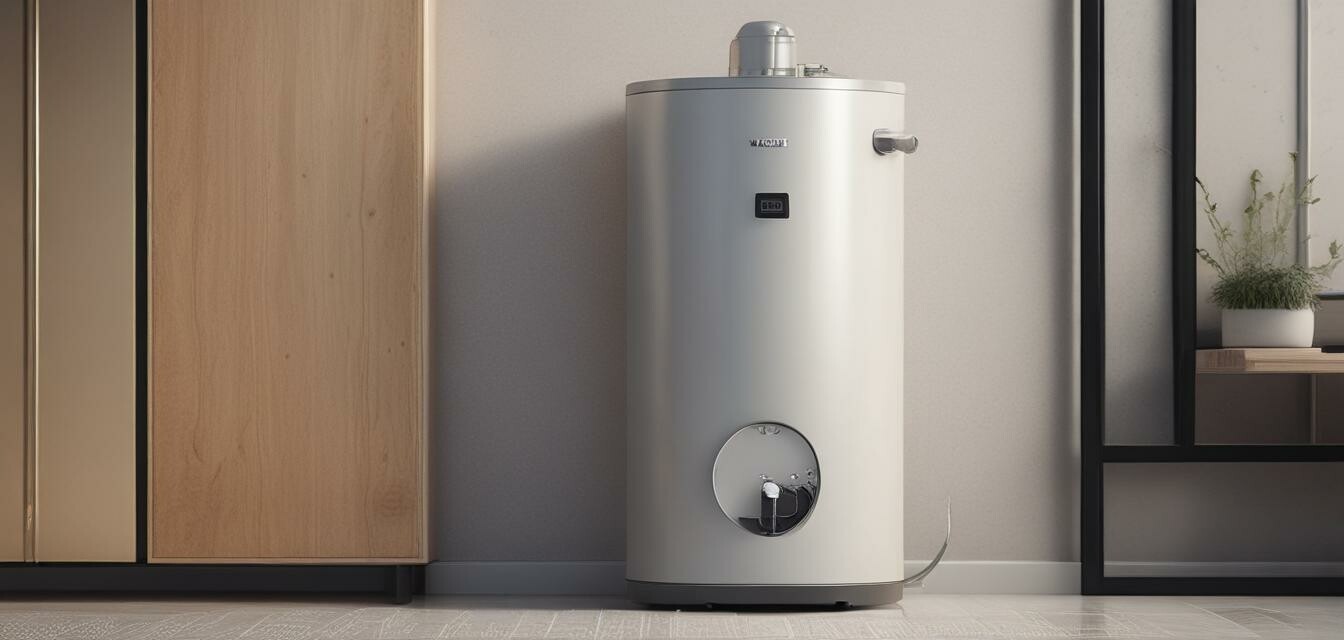
Energy Efficient Water Heaters
In today's world, where energy conservation is crucial, choosing the right water heater can significantly reduce your energy bills and carbon footprint. This article explores the latest in energy-efficient water heaters, ensuring you enjoy hot water without excessive costs.
Key Takeaways
- Energy-efficient water heaters save money and reduce environmental impact.
- Several types include tankless, heat pump, and solar water heaters.
- Understanding efficiency ratings helps in selecting the best option.
- Regular maintenance ensures longevity and efficiency.
- Consider local incentives for energy-efficient appliance purchases.
Overview of Energy Efficient Water Heaters
Energy efficient water heaters are designed to provide hot water while consuming less energy than traditional models. This not only helps save on utility bills but also minimizes the environmental impact of heating water. Various technologies and types exist, each with unique benefits and considerations.
Types of Energy Efficient Water Heaters
| Type | Description | Efficiency Rating |
|---|---|---|
| Tankless Water Heaters | Heat water on demand, providing endless hot water without the need for a storage tank. | Up to 98% efficient |
| Heat Pump Water Heaters | Use electricity to move heat from the air or ground to heat water, making them highly efficient. | Up to 300% efficient |
| Solar Water Heaters | Utilize solar panels to capture sunlight and convert it into heat for water, offering renewable energy solution. | Varies based on installation |
| Traditional Electric Water Heaters | Standard electric units that can be found in various capacities but are less efficient than modern options. | 80-90% efficient |
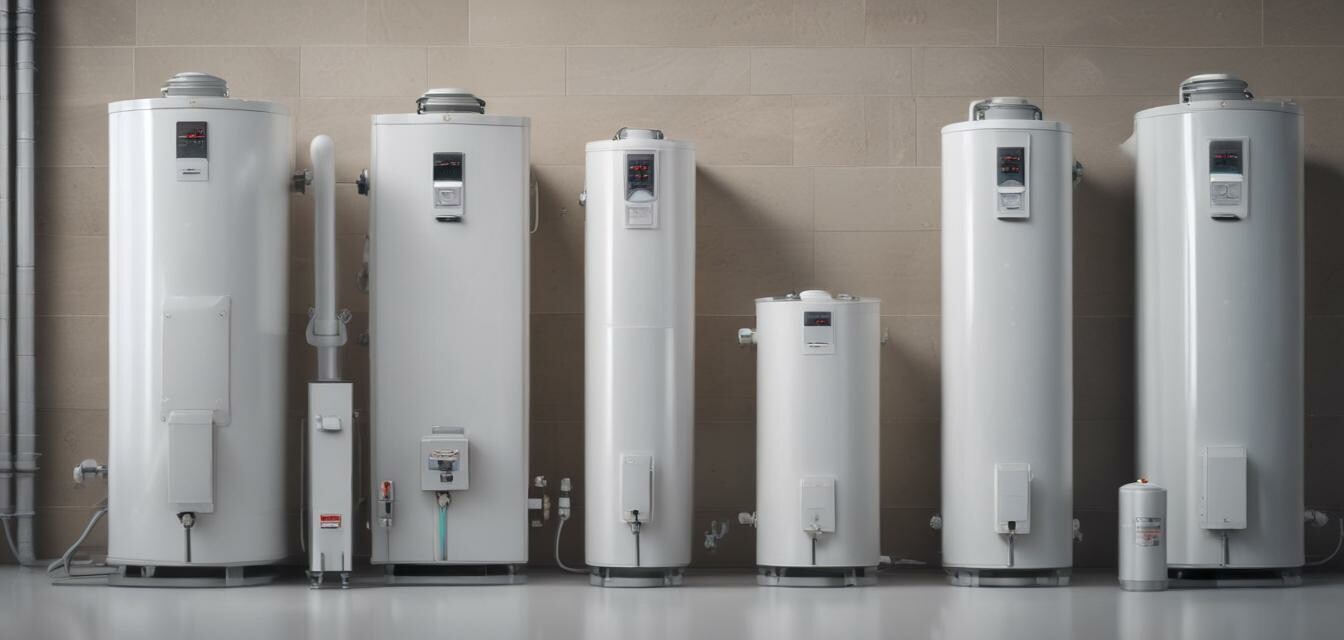
Understanding Energy Efficiency Ratings
When selecting an energy-efficient water heater, understanding the energy efficiency ratings is crucial. Here are some key terms and their meanings:
- EF (Energy Factor): A measure of the overall efficiency of the water heater. The higher the EF, the more efficient the unit.
- UEF (Uniform Energy Factor): A newer standard that provides a more accurate measure of efficiency across different types of heaters.
- Energy Star Certification: Indicates that the appliance meets strict energy efficiency guidelines set by the U.S. Environmental Protection Agency.
Benefits of Energy Efficient Water Heaters
Pros
- Lower energy bills due to reduced energy consumption.
- Less environmental impact through lower greenhouse gas emissions.
- Long-term savings through government incentives and rebates.
- Increased property value with modern, efficient appliances.
Cons
- Higher initial cost compared to traditional water heaters.
- Installation may require more complex plumbing or electrical systems.
- Some models may have limited hot water supply depending on usage.
Installation and Maintenance Tips
Proper installation and ongoing maintenance are key to maximizing the efficiency of your water heater. Here are some tips:
Beginners Section
- Hire a professional for installation to ensure optimal performance.
- Set the thermostat to 120°F for energy savings without sacrificing comfort.
- Flush the tank annually to remove sediment buildup.
- Inspect and adjust the pressure relief valve regularly.
- Consider insulating your water heater and pipes to reduce heat loss.

Energy Efficient Water Heaters and Incentives
Many local and state governments offer incentives for purchasing energy-efficient appliances. These can include:
- Tax credits
- Rebates from utility companies
- Low-interest financing
It's beneficial to check with your local energy provider or government website for specific programs available in your area. This could significantly reduce the upfront cost of an efficient water heater.
Conclusion
Energy-efficient water heaters are a smart investment for homeowners looking to save on energy costs and reduce their environmental footprint. By understanding the different types, efficiency ratings, and maintenance needs, you can choose the best option for your home. Additionally, taking advantage of local incentives can make the switch even more affordable.
For more information on energy-efficient appliances, visit our pages on Dishwashers, Air Conditioners, Heaters, Microwave Ovens, and Refrigerators.
